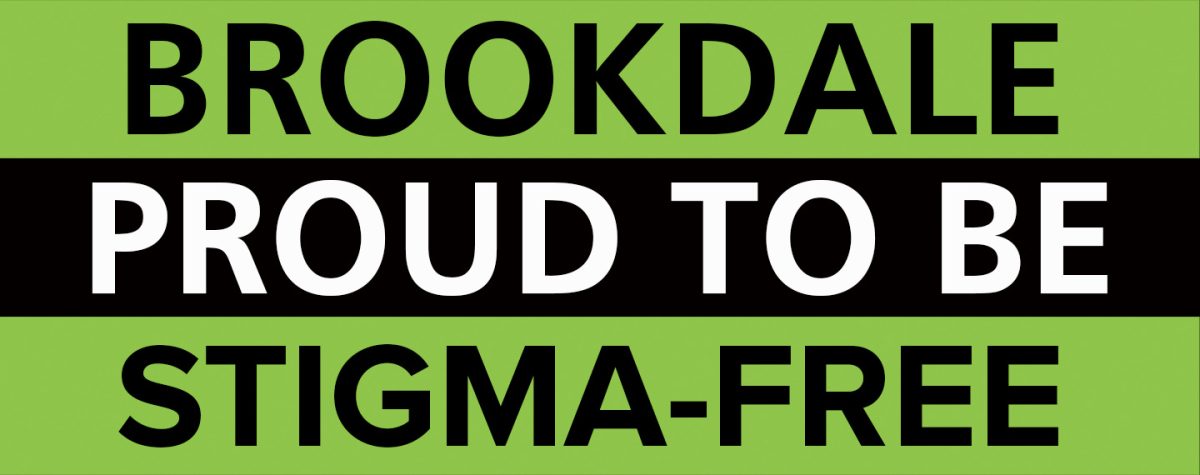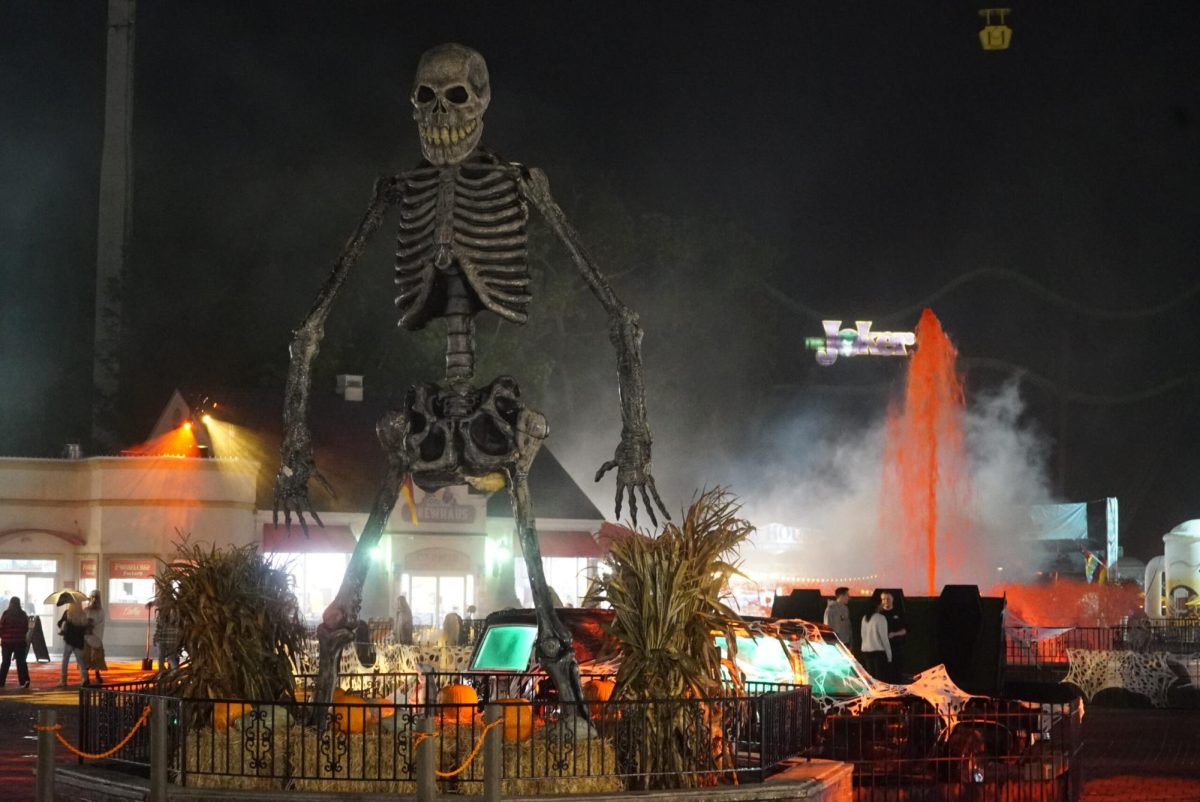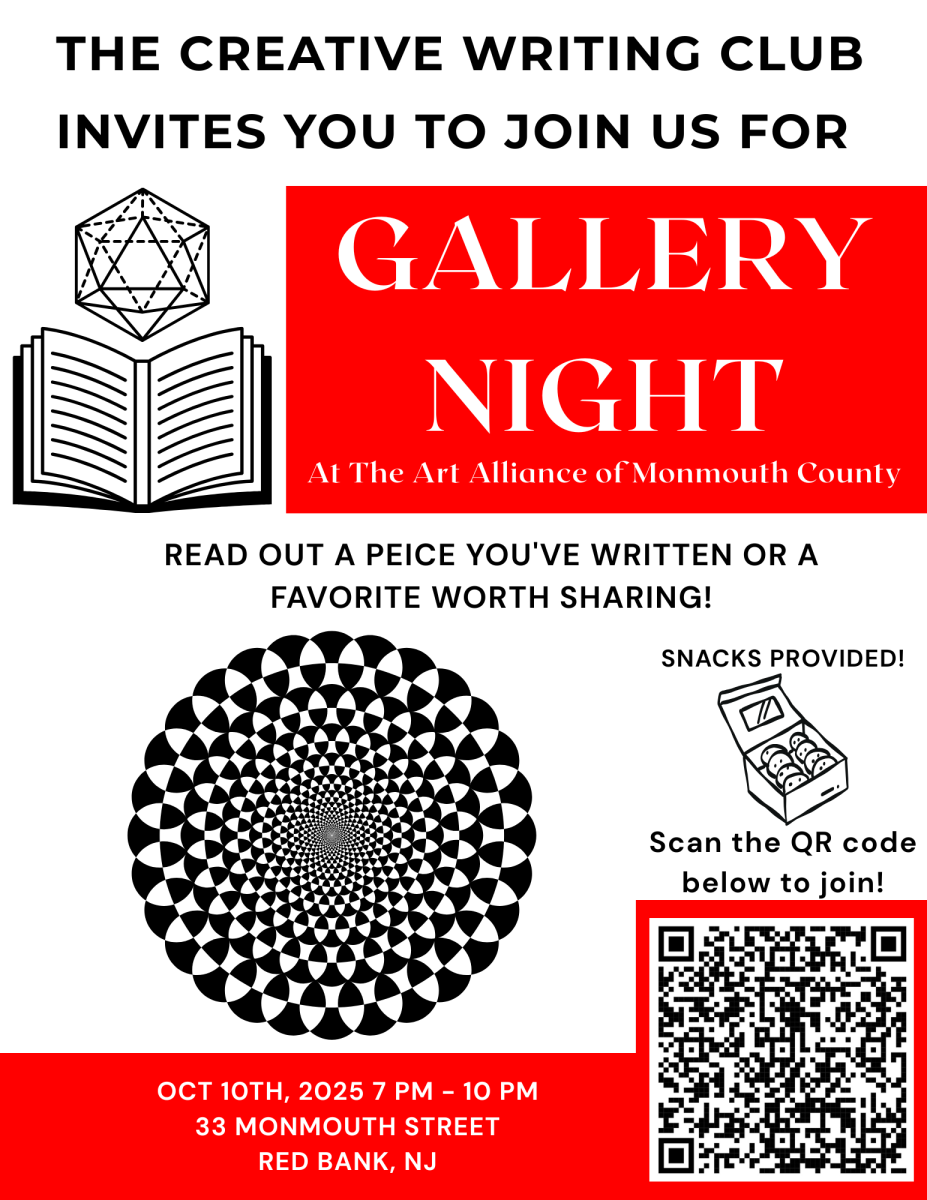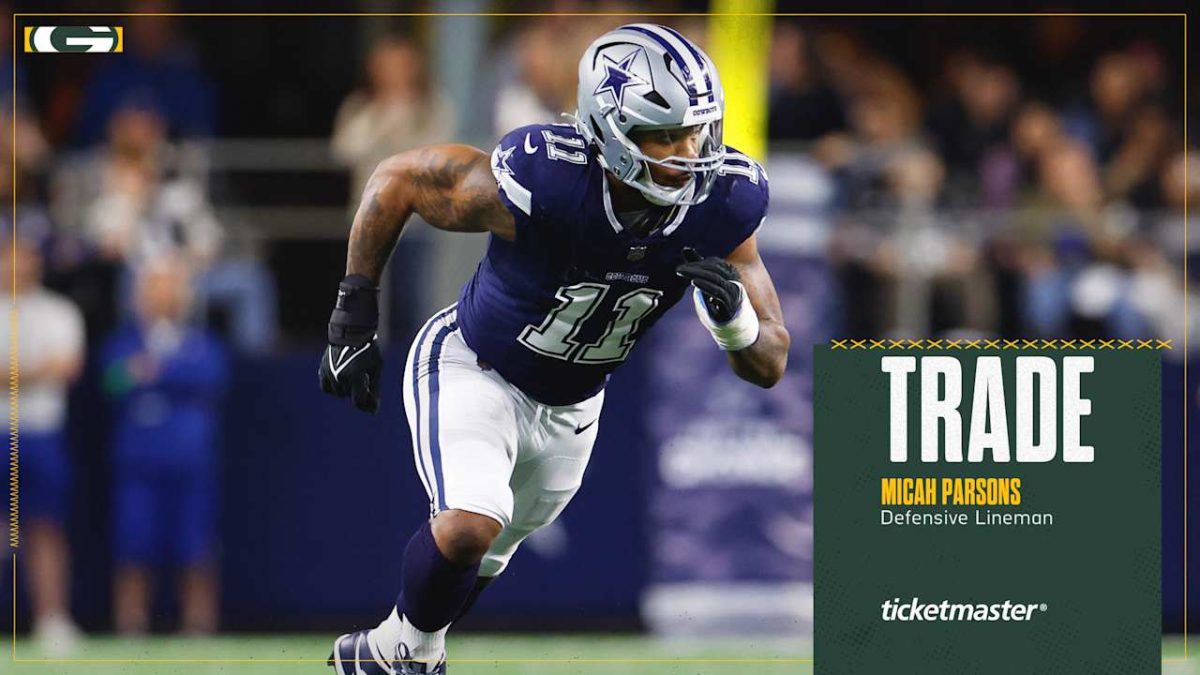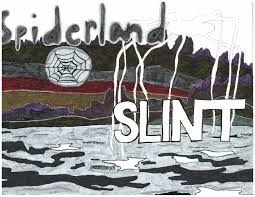Slint’s “Spiderland,” released over 34 years ago on March 27, 1991, is revered for its mastery in tension and release, the innovation of new blends of sound, and some even argue that the band is the inventor of “post-rock.” Does the album withstand the test of time and is it as monumental and influential as some say?
First, a brief overview of the members. Slint was a Louisville-based band comprised of lead vocalist and guitarist Brian McMahan, guitarist David Pajo, drummer Britt Walford, and bassist Todd Brashear. All members were between ages 20 and 22 when the album was recorded.
“Spiderland” is a wild ride in tension and release, with earthy and scratchy distorted guitar being the album’s lead motif throughout. Guitar harmonics are present, yet never sound quite right. The band’s utilization of dissonance in their chord building provides a sense of dread and discomfort to the tracks.
The bass tone is clean and quiet at points of building tension, and when it’s time to get loud and raunchy, the overdrive comes in like a tsunami of asphalt. Furthermore the drum tone is perhaps the outlier of the album. While all other instruments are buried in a wall of distortion, the drums remain clean and unfiltered throughout.
Walford’s unique, almost off-time playing style makes up for it, not allowing listeners a single moment of peace. On top of all this is McMahan’s vocals, which are unlike any other, in that they scarcely feature singing. The entire album, excluding “Washer,” is overlaid with aggressive spoken word poetry, oftentimes used to tell a story from the perspective of a character, ranging from a man at an amusement park to the captain of a destroyed vessel.
The album’s unique sound can be credited to, in part, the limitations of low budget recording technology at the time. This was before the widespread use and accessibility of DAWs (digital audio workstations), which allow today’s artists a way to clean up their music and trim the fat.
Slint no holds barred their way through a 39-minute LP. With six tracks, song length average about 6 and a half minutes. The rather long songs are crucial to allow the band the time to build the tension so ubiquitous to their sound.
“Breadcrumb Trail,” the album’s opening track introducing listeners Slint’s sound, is a constant harmonic riff, double tracked to have an almost nostalgic feel, which perfectly suits the narrative of the lyrics present in the opening scene. It follows a man retelling his experience at an amusement park.
The narrator goes into detail describing entering a fortune teller’s tent, before falling into his own skepticism and asking the fortune teller if she’d rather share a rollercoaster ride. This is the moment Slint takes it into fifth gear. The guitars, in the blink of an eye, shift from a consistent, at this point comfortable melodic sound, immediately into a screeching cascade of raw grainy noise, all while McMahon begins to scream into the microphone, describing the climax of the thrill ride:
Creeping up into the sky
Stopping, at the top, then starting down
The girl grabbed my hand, I clutched it tight
I said goodbye to the ground.
Listeners are returned to the safety of the earth just as quickly as they were removed from it, as the guitars fade out, and return to that familiar harmonic riff, before closing out completely and finishing the track. The opener is an excellent introduction into exactly what kind of, in a sense literal, thrill ride listeners have entered.
Without providing a moment to recover, “Nosferatu Man” begins strongly with shrieking pinch harmonics from the guitars, and just to keep listeners off balance, is played in 5/4 time, as opposed to the standard 4/4, ensuring no one is able to follow the beat on a first listen. The song’s terrifying sound is appropriate, as this time around the narrator is, as implied by the title, Nosferatu the fearsome vampire.
With my smiling queen
Who sits across the table
By the food she made…
She offered me her hand
My teeth touched her skin
Then she was gone again.
A faithful take on the story by Bram Stoker, the song much the same, follows Nosferatu stalking and later devouring the blood of his queen, or more appropriately, the girl put under his trance. The song is another exemplary show of Slint’s mastery in tension and release, with stalking scenes being overlaid by a tense and eerie riff, and harsher louder tones overtaking when Nosferatu strikes.
“Don Aman” follows, telling, from an outsider’s perspective, the tale of Don Aman, cleverly named after his “ordinariness,” a combination of the words; Don, a man. Calming acoustic guitar notes begin the story, but there’s no one left to fool by track 3.
As Don returns to a party from taking a breath outside and gathering his confidence, he loses it all at once, falling into a panic attack. His only focus from this point on is the eyes on him, feeling drowned by them. The guitars build in fullness and speed as Don falls deeper into his panic attack, coming to a head with distorted guitars as his head begins to get dizzy. But before the orchestra of noise can kick into full gear, it slows back down to its original cadence as Don wakes up at home, likely from a blackout.
This entire track is a trick on listeners, building up to a head as Slint has already done twice before, but never crossing that line. It is, in a musical sense, a disappointment, matching Don’s sense of self, not being able to overcome his worries before simply waking up at home, having accomplished nothing.
“Washer” is the first and only track to feature no spoken word. The guitar riffs are quiet and dissonant, invoking a feeling of emptiness with just how little of the track they fill. The drums are distant, and almost sound as if the drummer is putting in as little effort as possible, with several missed notes. Make no mistake, however, this is an intentional choice to support the story being told, this time from the perspective of a heartbroken man separated from his love either by circumstance, or by death.
It is left rather vague whether the narrator is or is not actually even alive. His words of living in a memory and being safe from harm, almost floating in his own body, naturally evokes thoughts of being deceased. He rambles on in a desperate bid to not be forgotten by his lover which appears, by his increasing desperation, to fall on deaf ears. The music is extremely distant from the vocals, almost implying the narrator is in fact drifting away from his earthly coils as he continues.
The only build listeners receive is the moments leading up to the final verse, with drums slowly becoming closer, before coming to a screeching halt and stopping entirely, with the guitars entering an off rhythm, as if the entire band forgot how to play, as the narrator describes:
Embracing thoughts of tonight’s dreamless sleep.”
Before finally picking back up and releasing into a wash of distorted and manic guitars, as if the narrator is trying desperately to claw his way into the afterlife.
‘For Dinner…’ is the last moment of calm before the album’s grand finale, featuring no vocals whatsoever. The track hosts a consistent bass rhythm with guitars that enter and exit like ghosts. If Spiderland is an album of tension and release, ‘For Dinner…’ is just the tension. The band constantly builds and builds, only to fade away each time. There is no “moment” in “For Dinner…,” just constant fading in and out of instruments, with dark and heavy chord shapes, and distant and empty drum patterns.
The last minute of the song is the repeated ringing of a single guitar chord, before fading out into the album’s big finish.
“Good Morning, Captain,” is “Spiderland’s” grand finale, and it is a ride. Everything before this point becomes completely recontextualized as a sort of tutorial level, a mere introduction to what this band is truly capable of.
The song opens with a haunting and dissonant guitar riff, before the rest of the band enters on an almost groovy note, extremely unlike anything heard on the LP so far. Everything stops except for the bass and drums, and the empty space is filled by the narrator, this time a harrowed captain, who has lost everything to the unforgiving depths of the sea.
He stands on shore watching debris of his destroyed vessel float and sink into the waves. He finds his only surviving crew member washed ashore, slowly succumbing to hypothermia, as the guitars build in a cacophony of noise, before cutting out once more, and the captain begins again, describing more details of what remains of his ship; driftwood.
He then hears a sound from a window, before the instruments turn their rhythm from dissonant to brooding. Then the whole band cuts out except for a single guitar, building to the climax of the song, a constant rush of noise, before falling to a near silent moment for the captain to gather his thoughts. He hallucinates a boy in an empty home, his former self before he was struck with tragedy. The boy is terrified of his current self, hiding away behind the curtains, as the captain has to accept the man he has become, a traumatized, grief stricken man, as the band crescendos into a hollow final chorus, with not a moment of peace before the captain belts, for one final time:
I miss you
I miss you
I miss you
I miss you.
His final message to his past self, a boy of innocence and wonder, now lost to the unforgiving cruelty of the sea. The guitars fade, the drums fall silent, and the album comes to a close.
Slint’s recognition was not of their time. They weren’t truly appreciated until almost two full decades after “Spiderland” released. They never received their heyday, and even with a reunion tour, it ended up being short lived, as old problems became new ones again among members.
“Spiderland” is one of two full length studio albums ever released by the band, and it is one of the most underappreciated and overlooked works of art of all time. Their following is relegated to a sub-sub culture now, even though they are credited by many famous artists as having “changed music.”
The album, as previously stated, is a masterclass in tension and release, leaving listeners salivating in anticipation as they come to a screeching overbearing head; sometimes they’ll give it to you, and sometimes they won’t. “Spiderland” is available on all streaming services, and is sold in physical formats on Amazon, and can be found at some record stores, if you look hard enough.



